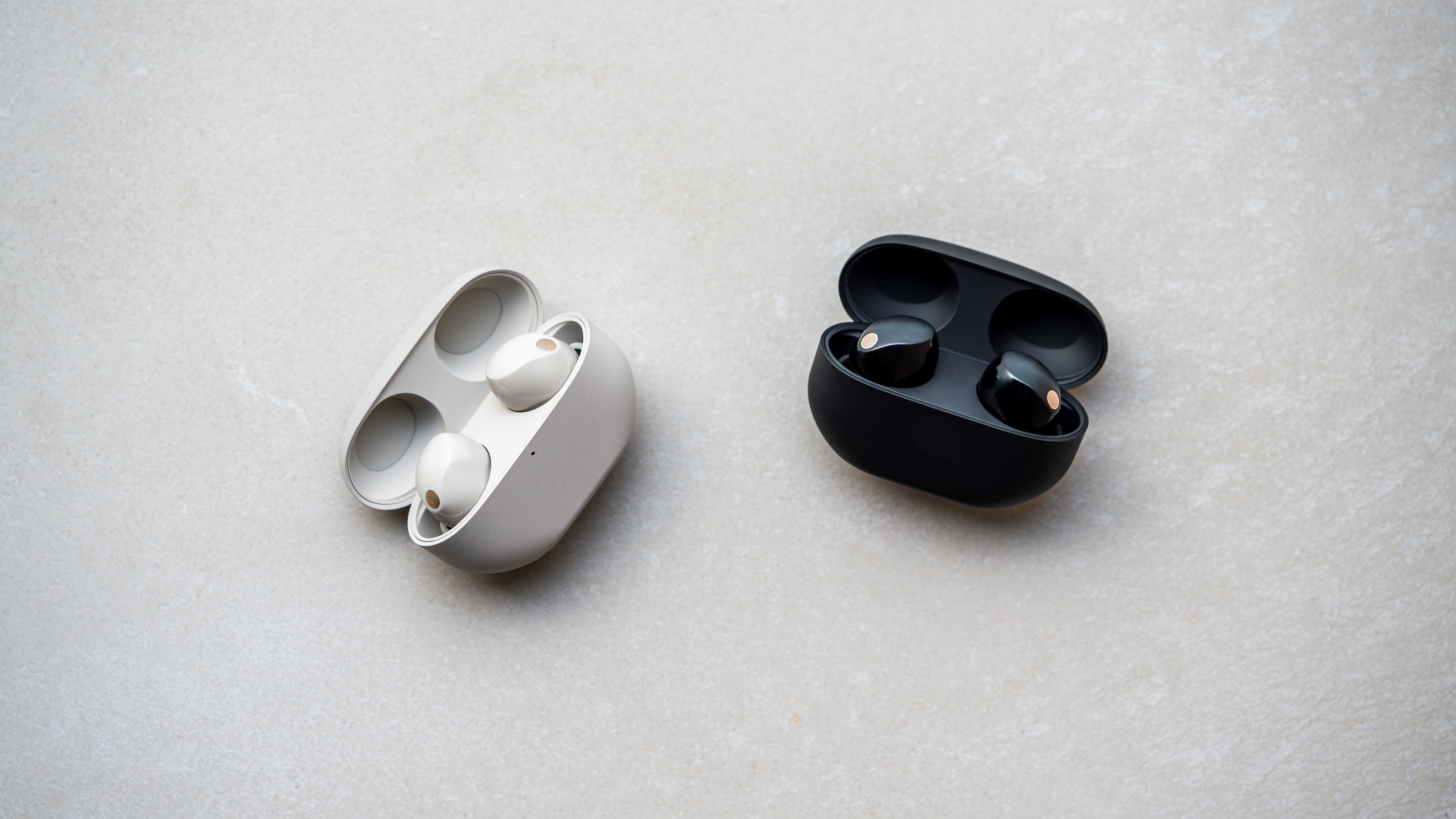Google Pixel 9 vs. Pixel 9 Pro: Which should you buy?
The latest Google Pixel devices are the Google Pixel 9 and Pixel 9 Pro, both boasting impressive specs.
Get the latest news from Android Central, your trusted companion in the world of Android
You are now subscribed
Your newsletter sign-up was successful
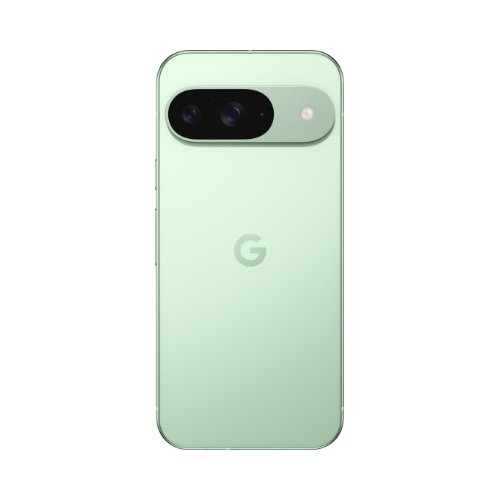
A worthy upgrade
If you love Pixel phones, you might have your eye on the new Google Pixel 9. While it might not be worth an upgrade if you just bought the Google Pixel 8, even the 7, it’s a solid upgrade model for something older from either Google or another Android brand. With a gorgeous screen, fast and wireless charging, plenty of RAM, and seven years of support, you can’t go wrong.
Pros
- Has many of the same features
- Boasts the same battery and rated battery life
- Same durable design
Cons
- Screen isn't as high-res, bright
- Less RAM
- Only two storage options
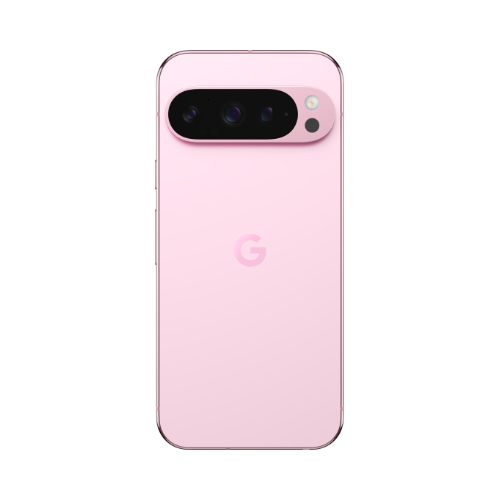
Get a feature boost
If you want more of a higher-end phone with boosted features, the Google Pixel 9 Pro has a brighter and more responsive screen, more RAM, and additional storage options up to 1TB. This phone also offers a better camera experience, and additional photo and video editing features that content creators will appreciate.
Pros
- Much higher resolution, brighter screen
- Improved front camera, added telephoto lens
- Up to 1TB storage option
- Speedier RAM
Cons
- More expensive
- Isn't a massive jump from the Pixel 9
Whenever a manufacturer releases a new model, you're bound to ask yourself if you should upgrade. But what happens when the phone has several variations? The Google Pixel 9 vs. Pixel 9 Pro comparison solves this issue, giving you a side-by-side breakdown of both phones. With the comparison, you can see which of the two new Pixel 9 models you want to get. You can see the spec difference between the two and decide which phone is for you.
Whether you're looking to trade in your old Pixel for a new Android phone or if you're a first-time Pixel user, we're here to help you choose the correct Pixel 9 variant.
The look, feel, and basics: How do the Pixel 9 and Pixel 9 Pro differ in design and feel?
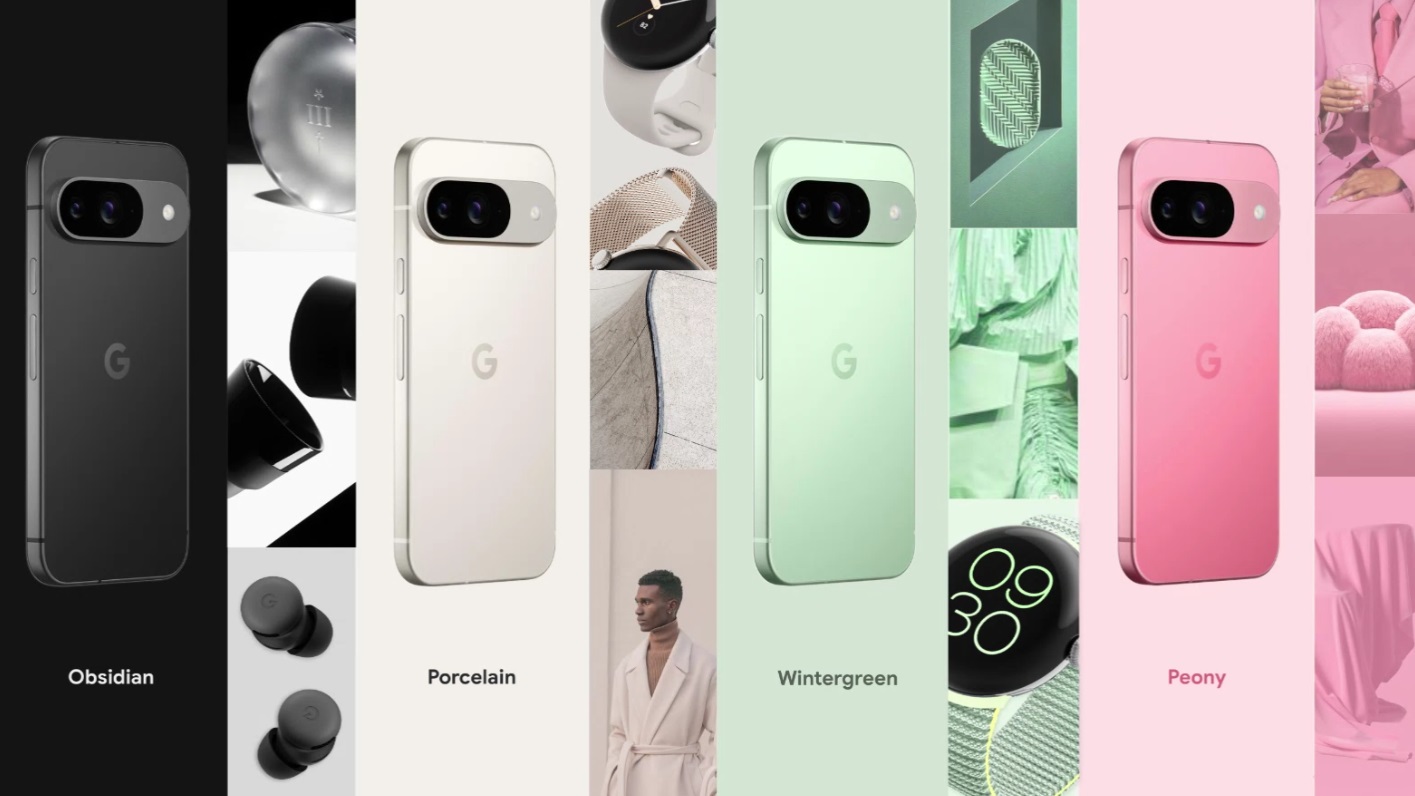
The Google Pixel 9 Pro and the Pixel 9 share a similar look, but their specifications vary.
The Google Pixel 9 comes in Obsidian, Porcelain, Wintergreen, or Peony and has a 6.3-inch Actua OLED display with a 1,080 x 2,424 resolution at 422 ppi. The refresh rate is 60- 120Hz, adaptable based on the application, and the screen is covered with Corning Gorilla Glass Victus 2. It can achieve up to 1,800 nits brightness in HDR and 2,700 nits peak brightness.
The glass screen is complemented by a polished back with a satin metal finish frame that is IP68 water—and dust-resistant. In his review, Android Central's Derrek Lee says the phone is comfortable to hold. He also finds the satin metal frame "surprisingly soft," with a slight curve that keeps the edges from digging into your pinky finger. The screen also has a fingerprint-resistant coating, and the phone has 128GB or 256GB of storage.
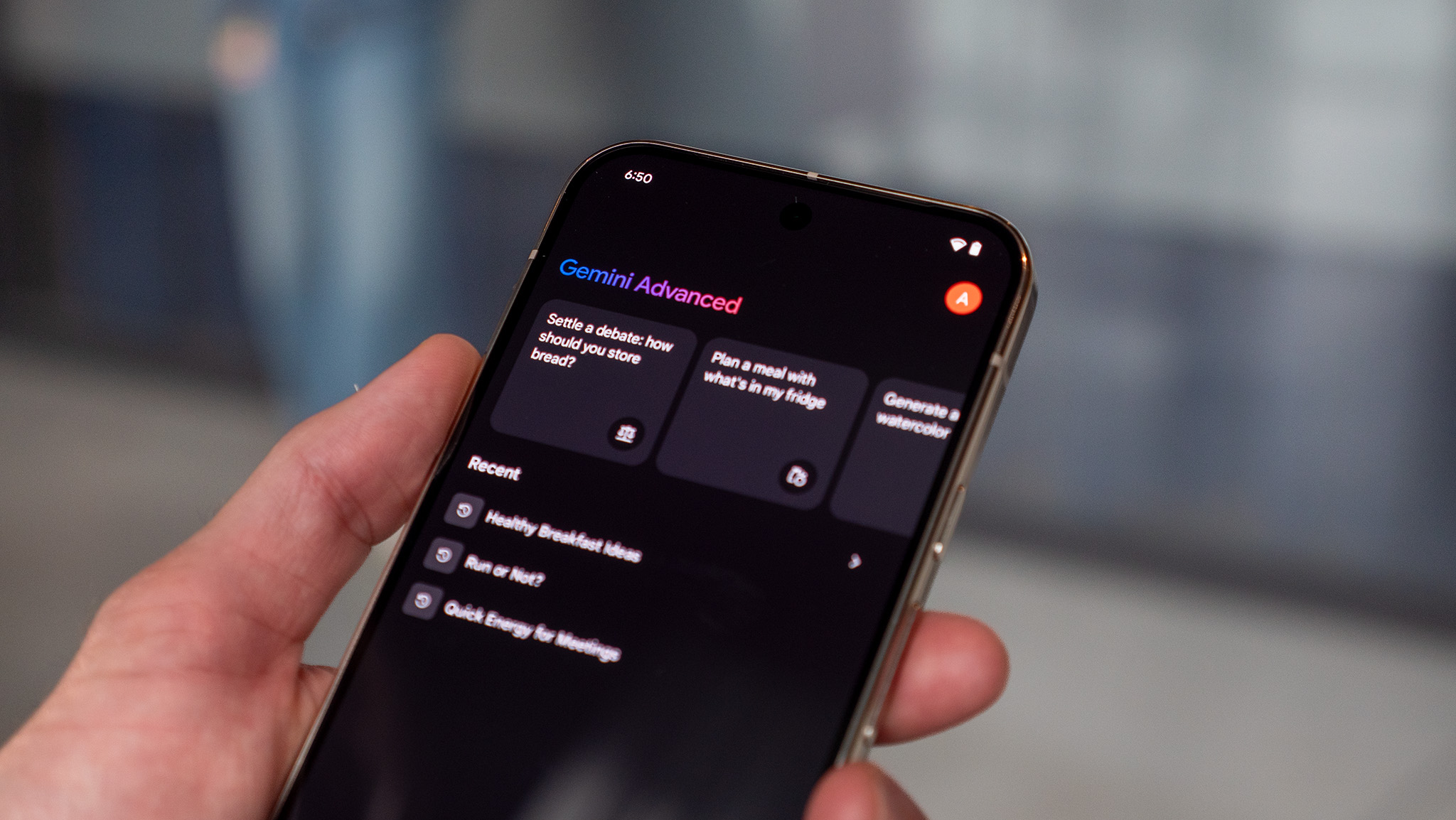
Google offers the Pixel 9 Pro in Obsidian, Porcelain, Hazel, or Rose Quartz and the same scratch-resistant Corning Gorilla Glass Victus 2 with a polished metal frame. In his initial review, Android Central's Nicholas Sutrich valued the narrowly smaller size, which made it more comfortable to use with one hand and hold.
The Pixel 9 Pro also has an IP68 rating, which makes it waterproof for 30 minutes in 1.5 meters of water. Google also added a fingerprint-resistant coating and a 6.3-inch display. Nevertheless, the display is much higher in resolution than a Super Actua LTPO OLED display with a 1,280 x 2,856 pixel resolution at 495 ppi.
Get the latest news from Android Central, your trusted companion in the world of Android
With the Google Pixel 9 Pro, you can adjust the frame rate from 1 to 120Hz, presumably leading to a smoother experience and enhanced battery life. The phone can reach an impressive 2,000 nits brightness in HDR or a whopping 3,000 nits peak brightness.
The Google Pixel 9 and 9 Pro share the exact dimensions and weight and have a 4,700mAh battery. You can also enjoy a 24+ hour battery life that can be extended to 100 hours using the Extreme Battery Saver mode. Both also support fast charging, so you can back up to more than half the charge in 30 minutes. This is when using the Google 45W USB-C charger. But remember, it's sold separately in both cases. The two phones are Qi-certified so that you can use them with wireless chargers. Either Pixel can charge compatible devices, like Google Pixel Buds, with Battery Share.
Lee says with the Pixel 9, he could quickly get through a full day and about seven or eight hours of screen time. But it sees the available 27W charging as "almost unbearably slow." So, upgrading the charger is a good idea.
The Google Pixel 9 and Pixel 9 Pro include features like fingerprint unlock, face unlock, pattern PIN, and password. They also have stereo speakers, three microphones, noise suppression, and Spatial audio support. Google gave both phones seven years of OS and security updates and frequent Pixel Drop updates, so you won't have to worry about ending up with an outdated phone for many years.
The bottom line is that the main difference in look and feel is that the Google Pixel 9 Pro has a silky matte back versus the satin finish and a much higher resolution, brighter, and smoother screen.
Comparing the specs: What's the difference in specs between the Pixel 9 and Pixel 9 Pro?
Before discussing the features and functions of these phones and how they compare, let’s compare their specs side-by-side.
Category | Google Pixel 9 | Google Pixel 9 Pro |
|---|---|---|
OS | Android 14 | Android 14 |
Colors | Obsidian, Porcelain, Wintergreen, Peony | Obsidian, Porcelain, Hazel, Rose Quartz |
Screen Size | 6.3 inches | 6.3 inches |
Screen Resolution | 2,424 x 1,080 | 2,856 x 1,280 |
Screen Type | Actua OLED | Super Actua LTPO OLED |
Refresh Rate | 60-120Hz | 1-120Hz |
Processor | Google Tensor G4 | Google Tensor G4 |
RAM | 12GB | 16GB |
Storage | 128GB, 256GB (non expandable) | 128GB, 256GB, 512GB, 1TB (non expandable) |
Cameras | 50MP Octa PD wide, 48MP ultra-wide, 10.5MP front | 50MP main, 48MP ultra-wide, 48MP telephoto, 42MP front |
Speakers | Stereo Speakers (Spatial Audio) | Stereo Speakers (Spatial Audio) |
Battery | 4,700mAh | 4,700mAh |
Wireless Charging | Yes | Yes |
Bluetooth | 5.3 | 5.3 |
Ingress Protection | IP68 | IP68 |
Cellular | 5G | 5G |
Size | 6 x 2.8 x .03 inches | 6 x 2.8 x 0.3 inches |
Weight | 198 grams | 199 grams |
There are some notable differences here that could sway you toward the Google Pixel 9 Pro or confirm that you will find the Pixel 9 sufficient.
Features, functions, and performance: Which phone has better performance and features, the Pixel 9 or 9 Pro?
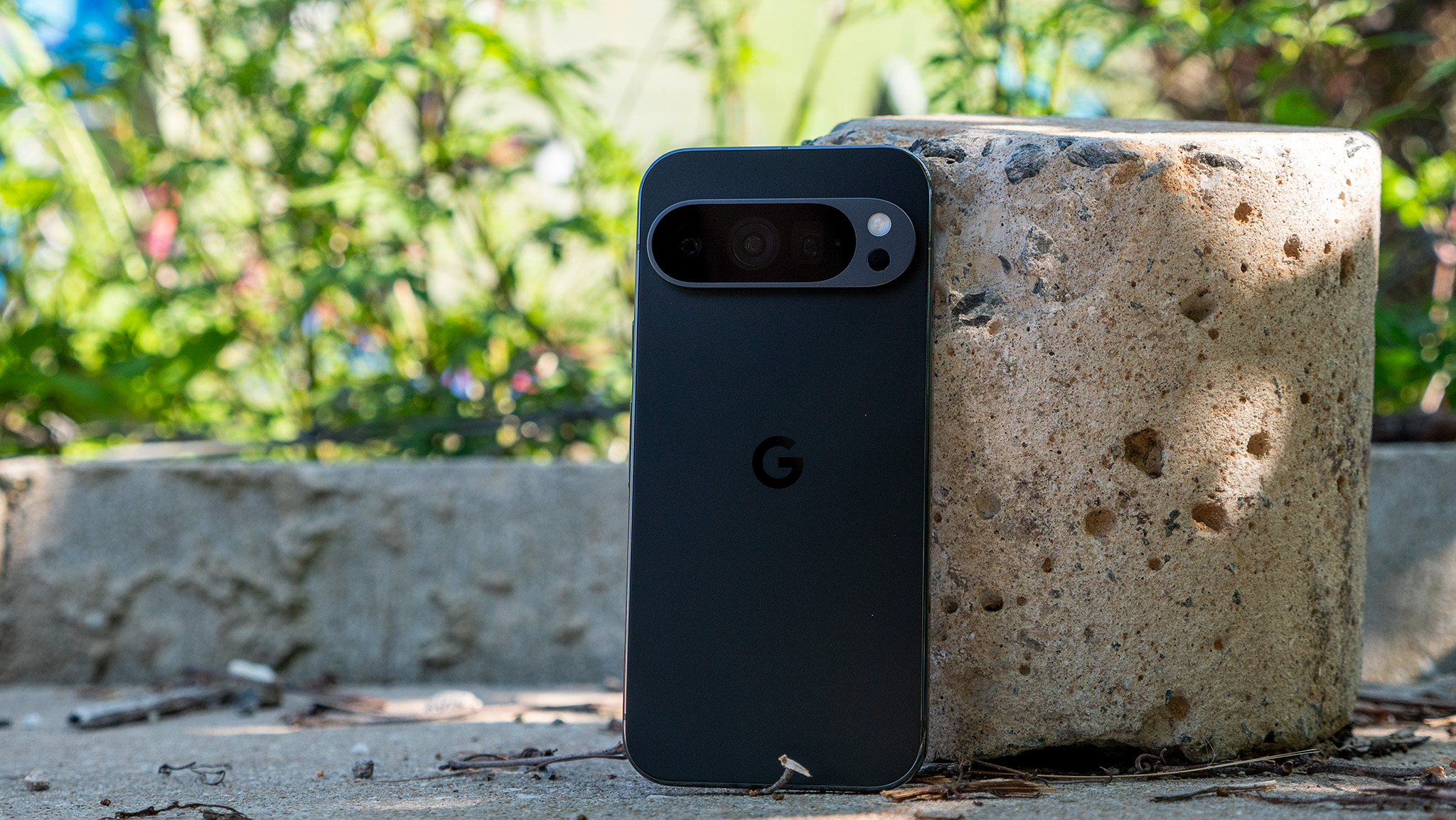
Now, performance-wise, how are the two Pixels different?
The Google Pixel 9 and Google Pixel 9 Pro launched with Android 14 but upgraded to Android 15, and the Google Tensor G4 processor powers the Pixel. The Pixel 9 has 12GB RAM, while the Google Pixel 9 Pro boasts a much more powerful 16GB RAM. However, Lee says in his Pixel 9 review that it performs well when opening, juggling apps, and even handling AI tasks. The phone didn't get too warm when he played multiple games, though he did notice a slight delay with touch input.
Sutrich found the same results with the Google Pixel 9 Pro. It stayed cool after 30-minute or longer gaming sessions but throttled faster than the Pixel 8 Pro.
You can also use Google VPN and end-to-end security designed by Google on both phones. This includes multi-layer hardware security, tensor security core, Titan M2 security co-processor, anti-malware and anti-phishing protection, and spam protection for phone calls and messages.
Google gave both Pixels satellite SOS, emergency SOS, crisis alerts, car crash detection, safety checks, and more. There’s also Wi-Fi 7, Bluetooth 5.3 with dual antennas for enhanced quality and connection, NFC, Google Cast, and built-in GPS. One distinction between them is that the Google Pixel 9 Pro adds a temperature sensor along with all the other sensors they include. You also get an ultra-wideband chip for accurate ranging and spatial orientation.
So, both these phones offer comparable specs when it comes to performance. The primary differences you’ll find relate to the screen refresh rate and display, as noted above, and the fact that the Google Pixel 9 Pro has more RAM. You might opt for the step-up phone if you’re a serious mobile gamer.
How good are the cameras?: Is the Pixel 9 Pro camera system a big upgrade from the Pixel 9?
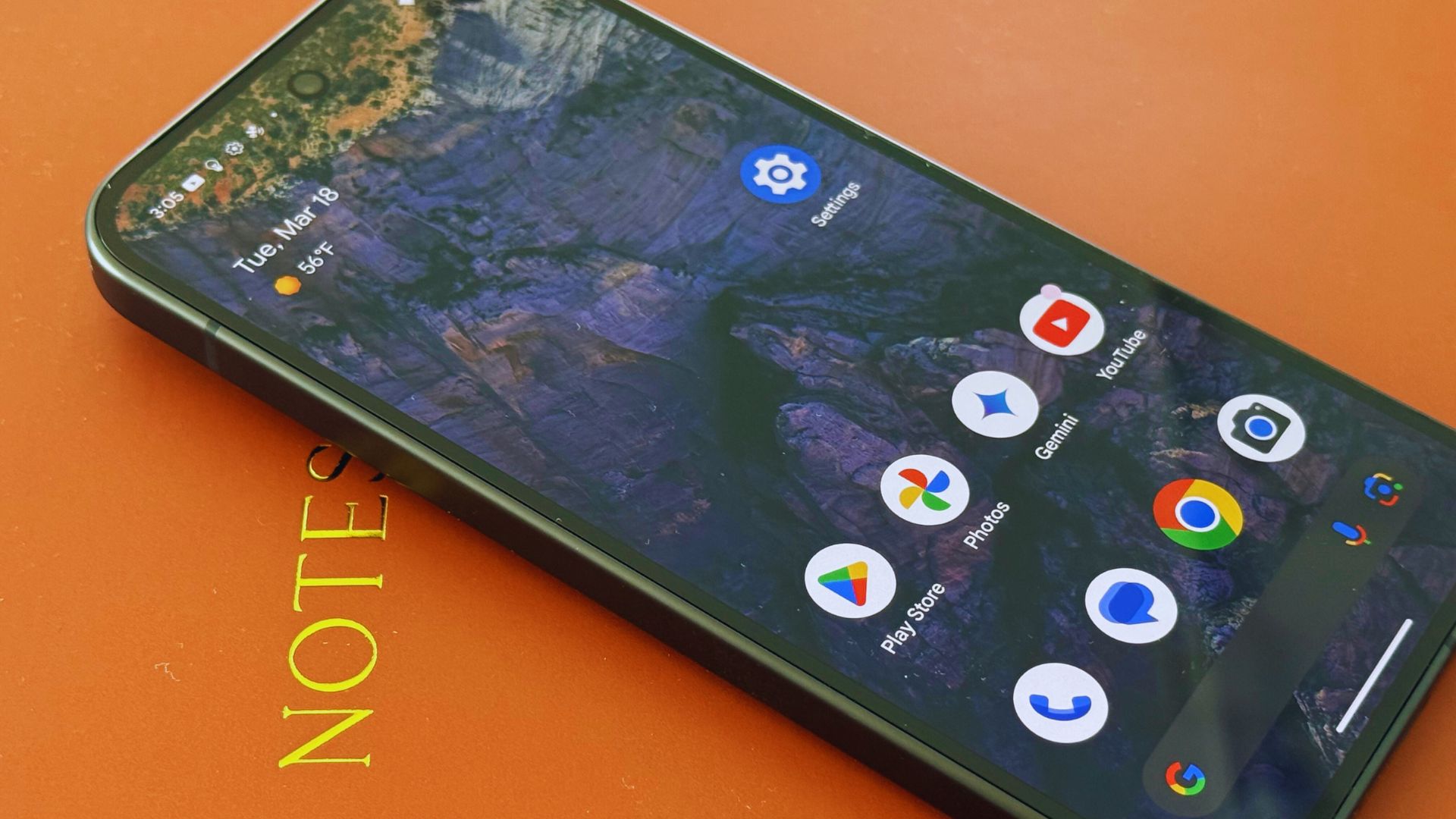
Google made the Pixel 9 Pro shine in the camera department since it outshines the Pixel 9.
The Google Pixel 9 has a 50MP wide camera with up to 8x Super Res Zoom alongside a 48MP Quad PD ultra-wide camera lens with Macro Focus. The front-facing camera is just 10.5MP but has autofocus and a 95-degree ultra-wide field-of-view. It offers all the usual Google Photos editing features, including Magic Editor, Magic Eraser, Best Take, Photo Unblur, and Portrait Light.
The rear camera of the Google Pixel 9 can take 4K videos with a digital video zoom of up to 7x, and you can also take 4K videos. You can also ahve fun with features like Audio Magic Eraser, cinematic blur, slo-mo, and more. Stereo recording, speech enhancement, wind noise reduction, and audio zoom are also available.
Lee found that photos captured with the Google Pixel 9 "aren't bad, but they're not particularly remarkable" either. He found they are crisp and detailed, with good dynamic range even in lower lighting conditions. But he finds they lack vibrancy and saturation and can sometimes look dull.
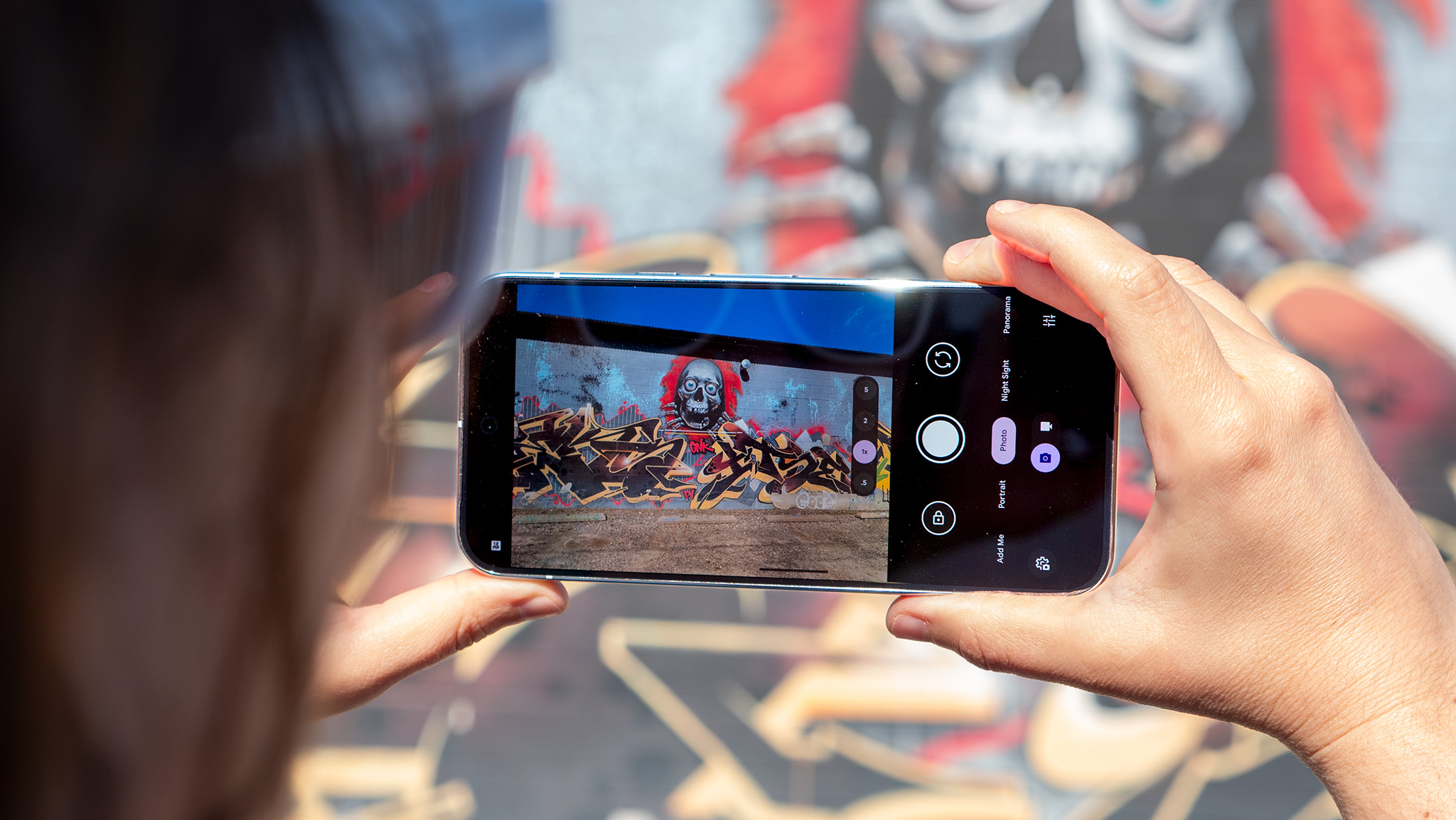
The Google Pixel 9 Pro has a much more impressive camera system. The primary camera is also 50MP wide, allowing Super Res Zoom up to 30x. The third lens can achieve a Super Res Zoom of up to 30x. A 48MP Quad PD ultra-wide camera complements this with Macro Focus and another 48MP Quad PD telephoto camera. Whereas the Google Pixel 9 has a single-zone LDAF (laser detection autofocus) sensor, the Pixel 9 Pro's is multi-zone.
In addition, the Google Pixel 9 Pro's front camera is a 42MP dual PD selfie camera with autofocus and a larger 103-degree ultra-wide field of view. Also, the usual camera features in the Google Pixel 9 and the Google Pixel 9 Pro add a few more. These include taking high-res photos up to 50MP and using Zoom Enhance.
The Google Pixel 9 Pro can capture videos at up to 8K resolution, powered by Video Boost, and with Super Res Zoom up to 20x. You also get Video Boost, as noted, Night Sight Video, Super Res Zoom Video, and the Audio Magic Eraser.
If you're a content creator, the Google Pixel 9 Pro's fantastic camera and video features make it an excellent choice. This is especially so if you shoot selfie photos and videos, like live streaming, and take snapshots from farther away, like at sporting events, concerts, or scenic shots. Nonetheless, we won't know how these cameras compare and perform until we test them.
Sutrich singles out the new Add Me feature, which helps ensure everyone is added to a photo, even the person taking it. "Being able to include everyone in a photo-one that's an actual good photo of everyone and not a lame selfie at an awkward angle to fit everyone in, "he writes, "is pure genius of the highest form." While it isn't perfect, he still says it's his favorite new camera mode this decade.
Which should you buy?: Should you buy the Google Pixel 9 or pay more for the Pixel 9 Pro?
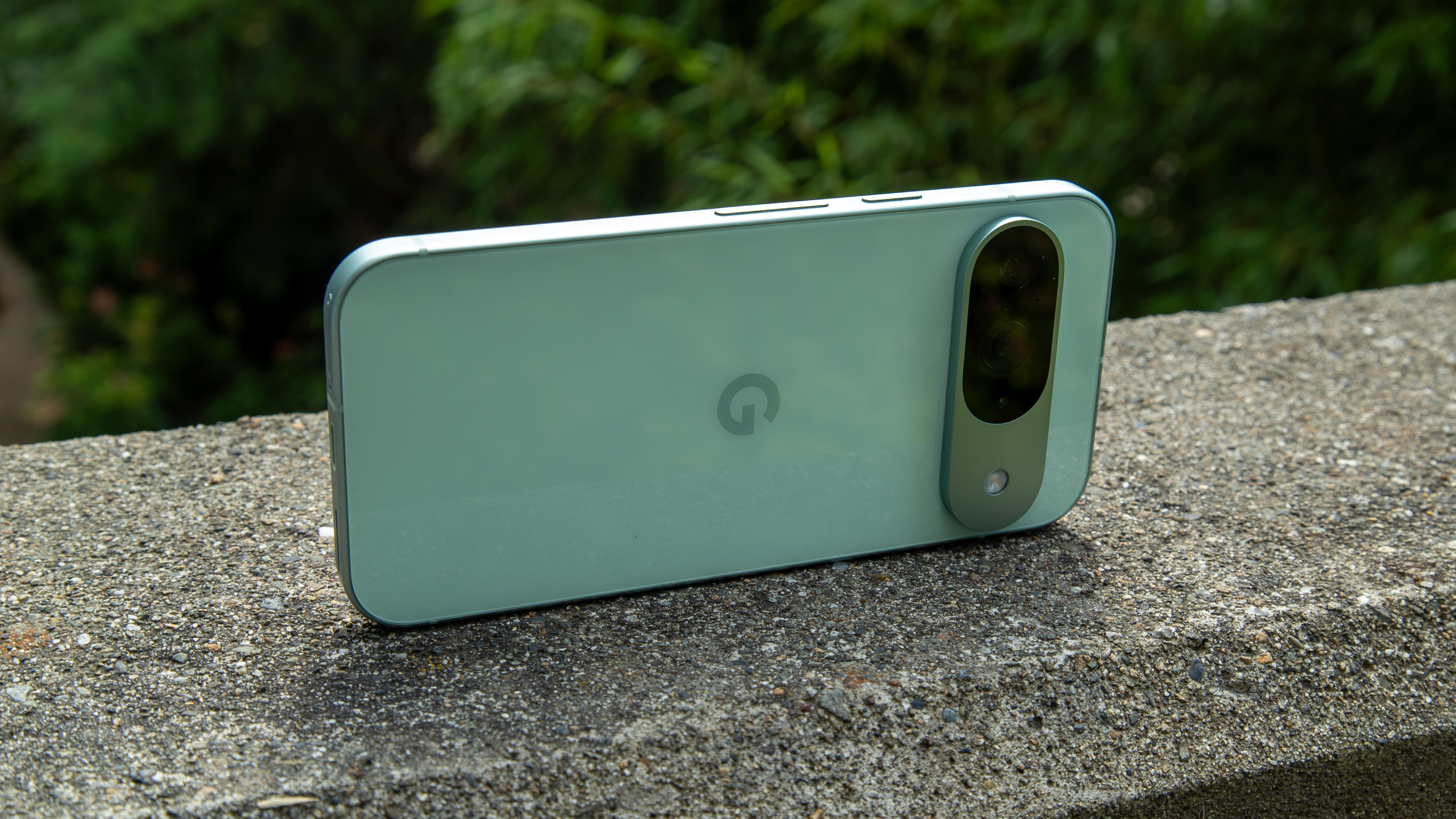
Slight contrasts in the Google Pixel 9 vs. Pixel 9 Pro might suggest you want to get the better of the two. The main one is the enhanced cameras, especially the front camera, on the Pixel 9 Pro compared to the Pixel 9. If you shoot a lot of content or love taking pictures, you might prefer the Google Pixel 9 Pro, which has advanced features, particularly regarding zoom shots.
Google gave the Google Pixel 9 Pro a brighter and potentially more responsive screen and more RAM. Thanks to the extra RAM, you get a smoother experience during intensive tasks like gaming. You'll love the extra storage options, since neither Pixel offers expandable storage through a memory card slot.
However, the Google Pixel 9 could have enough storage for most users. The 12GB RAM is nothing to scoff at, while the refresh rate goes from 60Hz to 120Hz versus down to 1Hz. You might not notice this if you regularly multitask on your phone and need that high refresh rate most of the time anyway. Just remember that the battery could drain faster on the Google Pixel 9 because of this.
Google will deliver seven years of updates and Feature Drops for both phones, so you don't have to worry about ending up with an outdated phone soon. If you want more, including a larger device, opt for the new Google Pixel 9 Pro XL. Conversely, if you want to explore other options, browse our list of the best Android phones for alternatives.
Both these phones and others on that list of the best Android devices will probably be on sale as the launch of the next model gets closer. But the Pixel 9 Pro may sound more tempting if you can't wait.
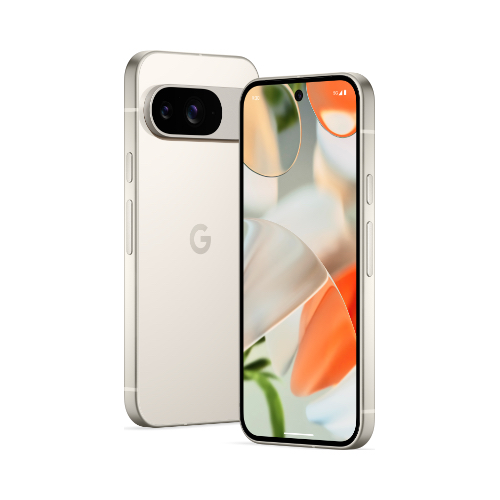
A wonderful everyday phone
For everyday users, the Google Pixel 9 will impress. It has many of the same features as the Google Pixel 9 Pro but with some concessions regarding screen resolution and brightness, RAM, storage, and cameras. But even so, it’s still a premium device that will please average users. Plus, you can’t go wrong with seven years of updates.
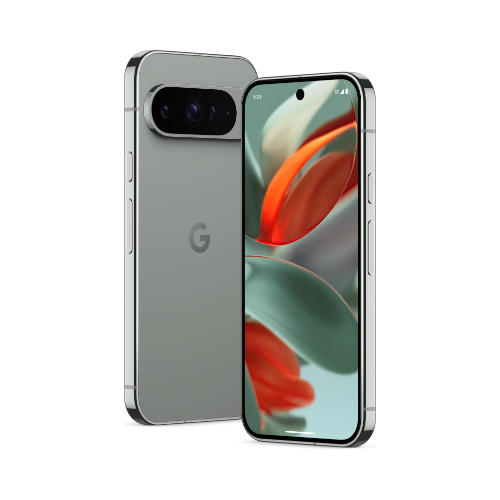
Great for content creators
An excellent Goldilocks option between the Google Pixel 9 and Google Pixel 9 Pro XL is great if you want a smaller phone but still want the most premium features. It’s ideal for content creators thanks to the enhanced cameras and video recording modes, along with the ultra-bright screen and additional RAM and storage.

Christine Persaud has been writing about tech since long before the smartphone was even a "thing." When she isn't writing, she's working on her latest fitness program, binging a new TV series, tinkering with tech gadgets she's reviewing, or spending time with family and friends. A self-professed TV nerd, lover of red wine, and passionate home cook, she's immersed in tech in every facet of her life. Follow her at @christineTechCA.
You must confirm your public display name before commenting
Please logout and then login again, you will then be prompted to enter your display name.
